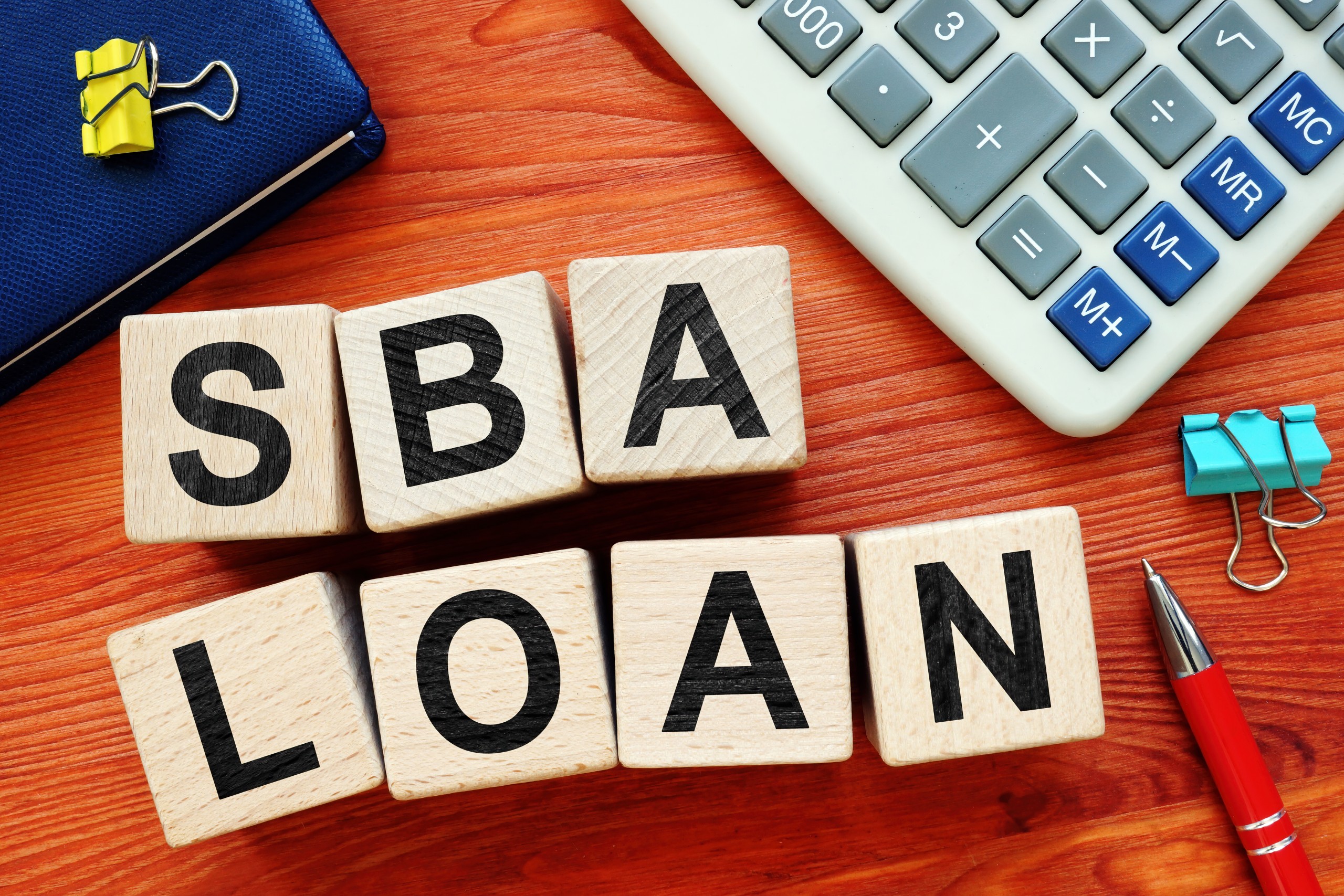The SBA loan is a type of financing provided by the U.S. Small Business Administration to help small businesses start, operate, and grow. The SBA does not directly lend money to small businesses but guarantees a portion of the loan provided by participating lenders, which reduces the risk for lenders and makes it easier for small businesses to obtain financing.
Now let us see how we can spend that money…
Can You Use an SBA Loan to Buy a Business?
Yes, you can use a Small Business Administration (SBA) loan to purchase a business. The SBA provides loan programs for many different types of companies, including those that are buying or expanding an existing business. The most common type of SBA loan used for business purchases is the 7(a) loan program, designed to assist small businesses with obtaining financing when conventional financial sources are unavailable.

Here is a list of activities for which you can use SBA loans:
- Commercial real estate purchase: SBA loans can be used to purchase commercial real estate, including office buildings, warehouses, and retail spaces.
- Construction and renovation: SBA loans can also fund construction and renovation projects, such as expanding or improving existing commercial properties.
- Equipment purchase: SBA loans can be used to purchase equipment and machinery for your business, including vehicles, computers, and manufacturing equipment.
- Business acquisition: SBA loans can be used to acquire an existing business, including buying out a partner or purchasing a franchise.
- Working capital: SBA loans can be used for operating capital needs, such as payroll, inventory, or marketing expenses.
- Debt refinancing: SBA loans can also be used to refinance existing business debt, which can help you lower your interest rates and reduce your monthly payments.
- Start-up costs: SBA loans can fund start-up costs, such as business registration fees, legal fees, and other initial expenses.
Please read our article about SBA Loan Status Disbursed Current. Additionally, learn more about Bankruptcy Clear SBA Loans!
The SBA’s 7(a) loans typically provide up to $5 million in funding and have generous repayment terms. The loans can be used for numerous purposes, including purchasing inventory and equipment, covering working capital needs, and refinancing existing debt. When buying a business, these funds may be used to purchase assets such as real estate and tangible property and intangible assets like customer lists and goodwill. Additionally, the funds may be used to cover closing costs such as attorney fees and transfer taxes.
However, potential buyers should note that there are some restrictions on how the funds may be used when buying a business with an SBA loan. For example, funds obtained through an SBA 7(a) loan cannot be used to pay off the seller’s liabilities or pay out dividends or bonuses to shareholders or partners of the seller’s company before closing the deal.
To qualify for an SBA 7(a) loan for business acquisition purposes, buyers must demonstrate personal creditworthiness, experience in management, and ownership of similar businesses. It also helps if they have enough liquid assets to fund at least 10% of the purchase price and enough cash flow from income from other sources to cover any additional operating expenses that come with owning a new business. As such, even if you meet all other eligibility requirements for an SBA loan program, it could still take several months before your application is approved due to all these additional considerations.
In conclusion, specific restrictions exist when obtaining an SBA loan to buy a business. It can provide access to much-needed capital that wouldn’t otherwise be available through traditional lenders or investors. With careful planning and understanding of eligibility criteria, buyers should have no trouble leveraging this financing option toward acquiring their dream business!
